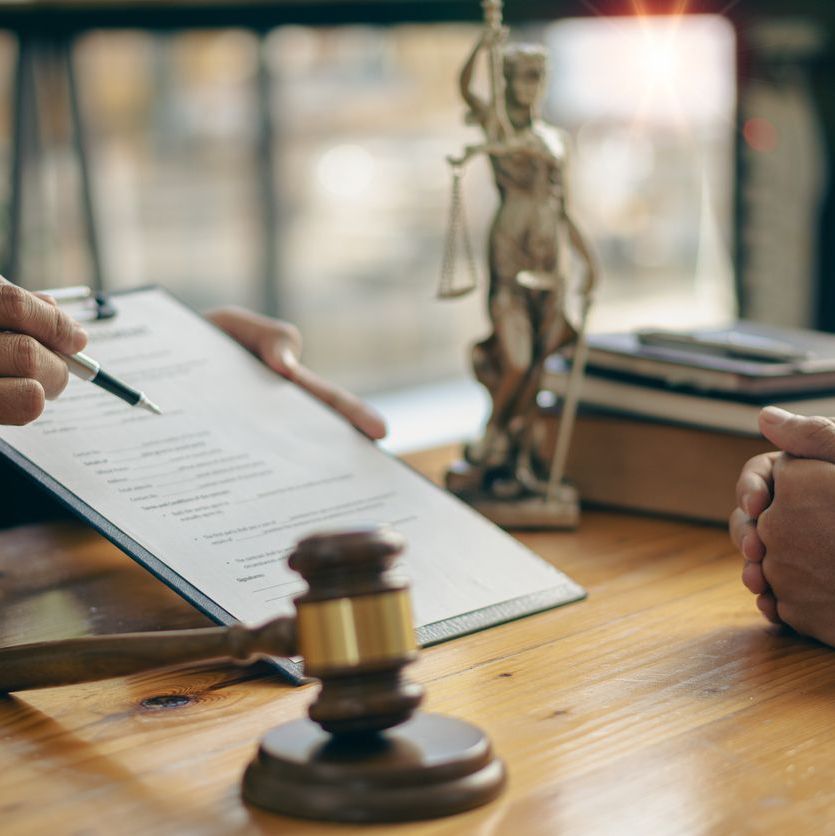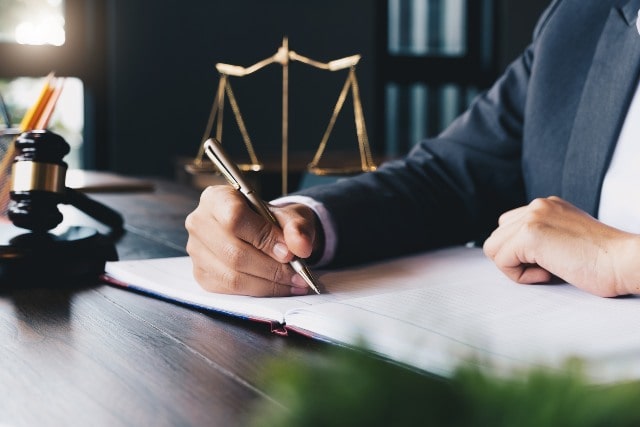How a Lawyer Can Assist With Your Habeas Corpus Petition
How a Lawyer Can Assist With Your Habeas Corpus Petition
Blog Article
Understanding the Role of a Post-Conviction Attorney in Looking For Justice After a Criminal Conviction
In the complicated landscape of post-conviction legal procedures, the role of a post-conviction attorney is pivotal in browsing the course to justice after a criminal sentence. Beyond the confines of a test, these attorneys take part in a complex strategy intended at uncovering new evidence, challenging legal mistakes, and supporting for their customers' rights. The details of post-conviction work call for a mix of lawful acumen, investigatory abilities, and critical believing to decipher the intricacies of a case and pursue opportunities that might have been forgotten or underexplored. As the quest of justice prolongs past the boundaries of first proceedings, the function of a post-conviction lawyer becomes a beacon of wish for those looking for to remedy injustices and reclaim their legal rights within the legal system.
Post-Conviction Legal representative's Investigative Work
Post-conviction attorneys participate in careful investigatory job to reveal new proof, procedural mistakes, or transgression that can potentially bring about overturning a conviction. This investigative stage is vital in the post-conviction procedure as it intends to determine any type of neglected information or lawful bad moves that may have impacted the result of the preliminary trial. Post-conviction attorneys explore situation files, witness testaments, and lawful paperwork with a fine-tooth comb, looking for any kind of inconsistencies or irregularities that might be grounds for appeal.
Through detailed investigation, post-conviction attorneys aim to shed light on potential oppressions that may have taken place during the original trial. They may perform meetings, talk to professionals, and review forensic proof to build an engaging instance for their clients. By looking at every facet of the lawful process, post-conviction lawyers function tirelessly to reveal any aspects that might have affected the verdict. Inevitably, their investigatory work plays an essential duty in the pursuit of justice and the potential reversal of wrongful sentences.
Crafting Appeals and Petitions
In the quest of justice after a sentence, skilled legal representatives meticulously craft appeals and applications to existing compelling debates for the reconsideration of legal choices. Crafting appeals and applications requires a deep understanding of the legal system, interest to detail, and critical thinking. Post-conviction legal representatives examine test records, recognize potential mistakes or offenses of legal rights, and establish legal disagreements to challenge the sentence or sentence.
When crafting an allure, legal representatives concentrate on highlighting legal mistakes that may have affected the end result of the situation. They investigate case law, laws, and lawful criteria to sustain their arguments. Requests, on the other hand, may involve presenting brand-new evidence that was not readily available throughout the test or demonstrating modifications in the law that require a testimonial of the sentence.
Furthermore, post-conviction lawyers need to stick to stringent procedural regulations and due dates when submitting charms and petitions. They need to provide their disagreements plainly and persuasively to persuade the court to give relief to their clients. With careful crafting of allures and requests, post-conviction attorneys aim to safeguard justice for people who have been wrongfully founded guilty or unfairly punished.

Pursuing Post-Conviction Relief
Seeking alleviation after a conviction requires a critical and persistent strategy by knowledgeable legal experts. Post-conviction alleviation includes a range of lawful devices developed to challenge the legitimacy of a sentence or sentence (oklahoma federal habeas corpus lawyers). These avenues include submitting movements for a new test, seeking appeals, seeking writs of habeas corpus, and presenting newly uncovered evidence. Post-conviction lawyers play a crucial role in browsing these complex procedures, making sure that all legal alternatives are discovered to remedy oppressions that might have taken place throughout the test or sentencing stage.
One common type of post-conviction relief is filing an application for post-conviction relief, commonly based on cases of inefficient support of guidance, prosecutorial misconduct, freshly uncovered proof, or constitutional violations. These petitions need a thorough analysis of the trial document, legal study, and persuasive advocacy to convince the court to give alleviation. Experienced post-conviction attorneys have the abilities and knowledge necessary to identify feasible lawful cases, conduct investigations, and present compelling disagreements to secure relief for their clients. By faithfully pursuing post-conviction relief, these attorneys strive to remedy losing the unborn babies of justice and promote the concepts of fairness and due procedure in the criminal justice system (Lawyer).
Using Forensic Evidence
When testing a sentence or sentence, the calculated use of forensic proof can be a powerful device in post-conviction lawful proceedings. Forensic proof includes a large variety of clinical methods utilized to explore crimes and establish realities in court. Post-conviction legal representatives can take advantage of forensic proof to test the credibility of sentences by offering new scientific searchings for that were not available during the original trial.

Participating In Sentence Modifications
Post-conviction lawyers might check out the possibility of sentence alterations as a legal opportunity to resolve disproportionate or unjustified sentences passed on in criminal cases. Sentence alterations involve looking for modifications to the regards to a defendant's sentence after a sentence has actually taken location. These alterations can consist of reducing the length of a sentence, changing the kind of penalty imposed, or exploring different sentencing choices.
Post-conviction legal representatives can pursue sentence modifications with various lawful systems, such as submitting movements for sentence decrease, appealing for caring release, or working out plea deals for lowered sentences. They need to thoroughly review the conditions of the instance, analyze the legal premises for looking for an alteration, and present engaging disagreements to the court supporting the requirement for a modified sentence.
Participating in sentence modifications requires an extensive understanding of criminal regulation, punishing guidelines, and the particular treatments associated with looking for post-conviction relief. Post-conviction attorneys play a critical role in supporting for reasonable and just end results by challenging sentences that are unduly extreme or do not straighten with the principles of justice.
Conclusion
In final thought, the duty of a post-conviction lawyer is important in looking for justice after a criminal conviction. Through investigatory job, crafting charms and requests, pursuing post-conviction relief, using forensic proof, and engaging in sentence adjustments, these attorneys play a vital function in supporting for click their clients and guaranteeing that their civil liberties are supported within the criminal justice system. Their commitment and experience are crucial in browsing the intricacies of post-conviction proceedings and attaining a fair result for individuals encountering criminal sentences.
Report this page